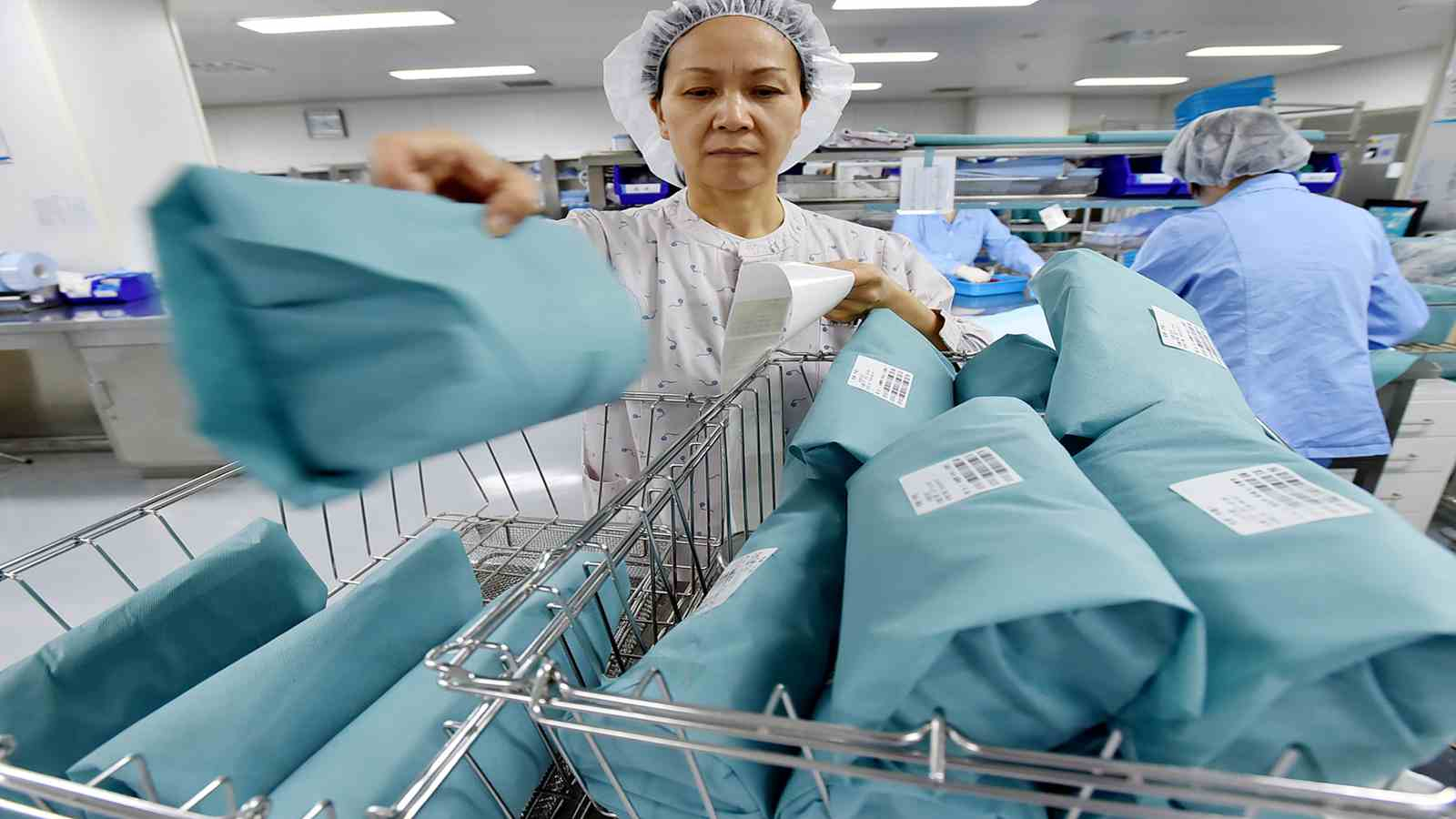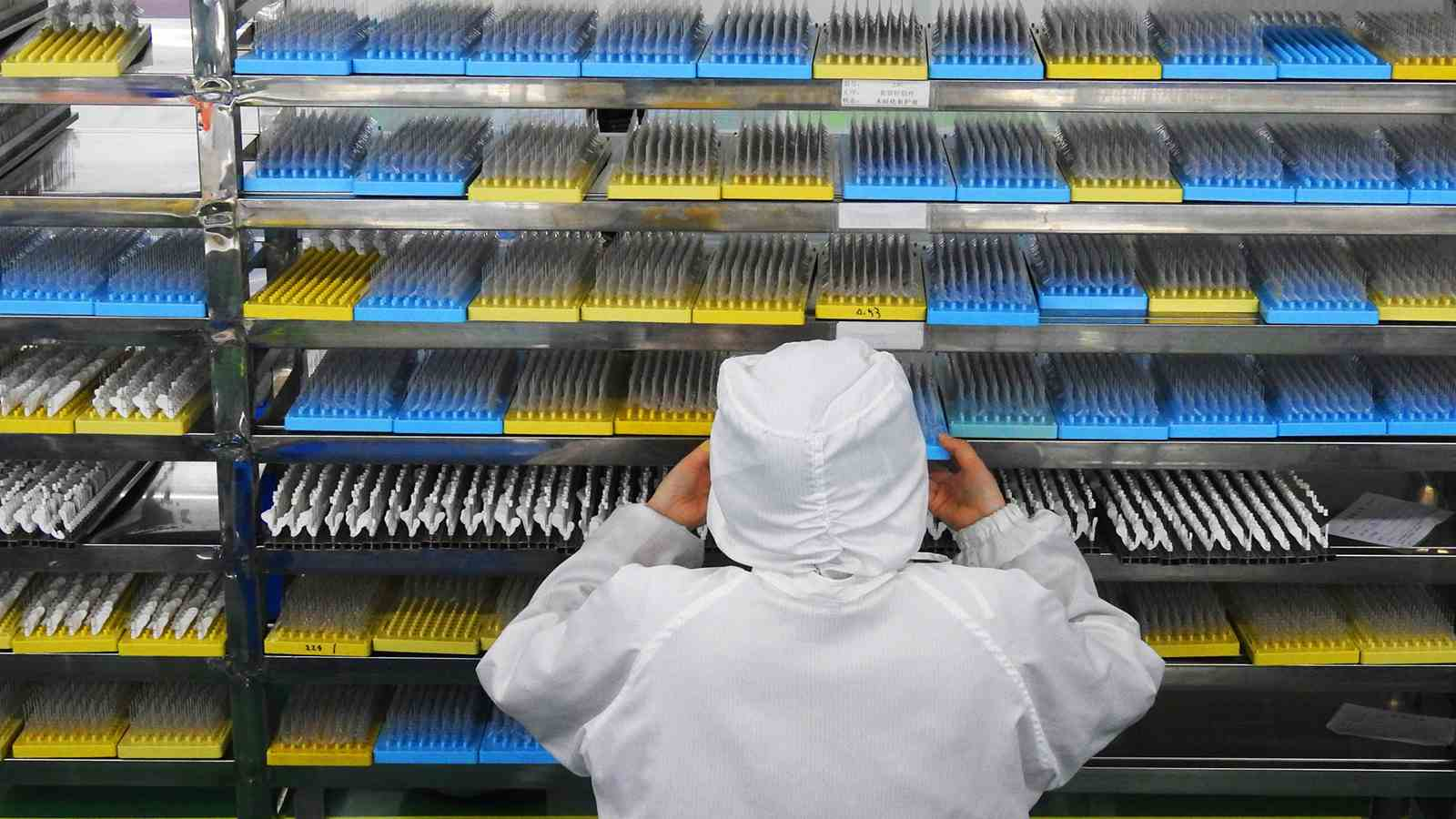
Business
20:42, 23-Aug-2018
Chinese companies strive to minimize the impact of growing tariff
Updated
20:36, 26-Aug-2018
CGTN

Amid the ongoing China-US trade disputes, economists have estimated the total value of medical device imports at risk between the two countries around 10 billion US dollars.
In 2016, the market for medical devices in China reached 53.6 billion US dollars, an increase of 20.1 percent compared to 2015. China imported 21.3 billion US dollars' worth of medical products in 2017, and 6.89 percent of the imports were from the US, the agency noted. According to the International Trade Administration, the US ranks as the top foreign supplier of medical devices in China.
A wide range of enterprises in China’s medical industry have therefore adjusted their business strategies by actively exploring the market and finding ways to minimize the impact of tariff increases. Biobase Group in east China’s Shandong Province is one of them.
Biobase is a group company specializing in the healthcare industry, covering biomedical, e-commerce, smart manufacturing, and incubation services. On the tariff list issued by the US on China, Biobase Group’s various export commodities – biosafety cabinets, clean benches, fume hoods, sterilizers and refrigerators, among others – all fall under the purview of the machinery and equipment industry and have a tax number starting with 84.

VCG Photo
VCG Photo
The company said that the US Customs’ heightened inspection of Chinese imports and rigid scrutiny of authentication have made it more difficult to export merchandise and raised import cost for their customers in the US market.
However, Gan Yiwu, chairman of the company, saw it as a rare opportunity to grab domestic market share because the added tariffs may result in a price hike for products imported from the US. As a domestic provider, Biobase Group can definitely benefit from the situation.
Gan added that under the current trade situation, they are actively strengthening their scientific research by spurring cooperation between industry and universities into the R&D of domestically innovated products in a bid to expand the market share of domestic products by replacing imported ones.
“Domestic enterprises are facing both opportunities and challenges at the current stage, to handle these dilemmas. Cheap but premium products are needed and more inputs into research and development based on local consumer needs must happen," noted Su Qingyi from the Institute of World Economics and Politics, Chinese Academy of Social Sciences.

SITEMAP
Copyright © 2018 CGTN. Beijing ICP prepared NO.16065310-3
Copyright © 2018 CGTN. Beijing ICP prepared NO.16065310-3